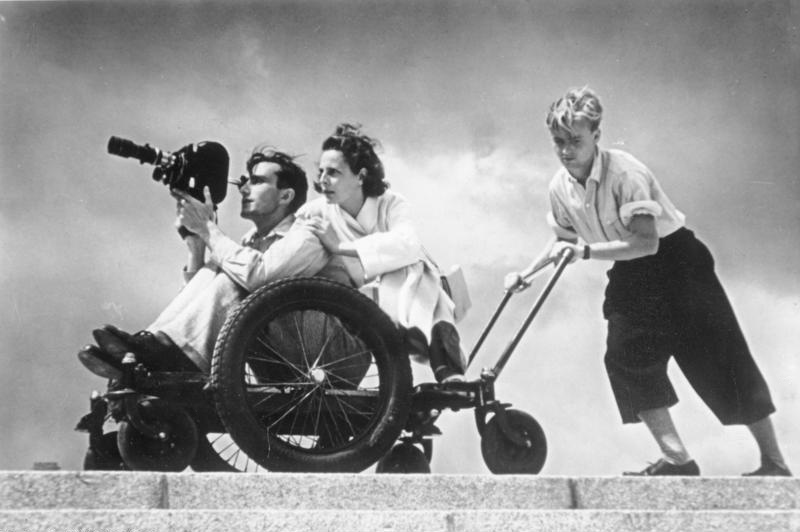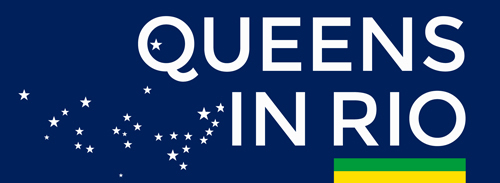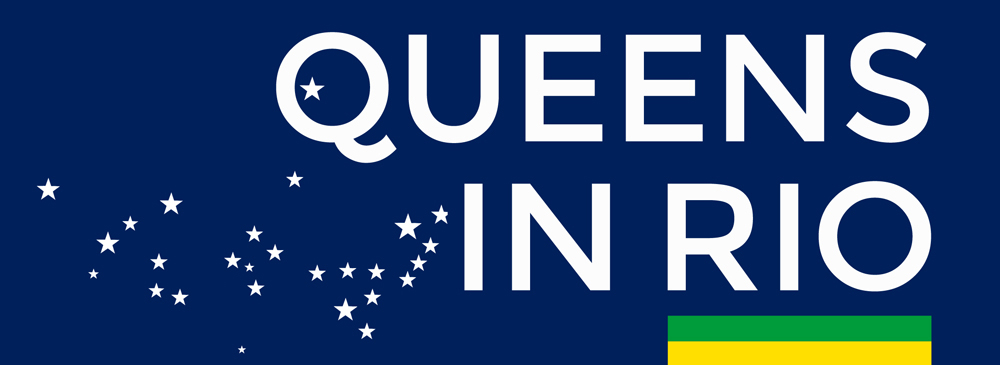
One of the most undersold facts of the Olympic Games is the huge number of people it takes to pull them off. Volunteers always number in the tens of thousands, and this year, in Rio de Janeiro, there will be more than 70,000. Thousands of volunteers come from countries far away, paying their own expenses, and many have staffed multiple editions of the games. The Sydney 2000 Olympic Games are often remembered as among the most logistically smooth editions. This year, as in every edition since 2000, Australian accents will undoubtedly be heard among professional and volunteer organizers.
In their study of the Olympic movement, Queens students preparing for Rio learned at least four other significant, but undersold, pieces of sports history.
- A Spartan princess named Kyniska became the first woman to win an Olympic victory, because she owned the horses and trained the men who competed in four-horse chariot racing. Although women were not allowed to compete, she won the event in 396 BC, and then again four years later.
- Tennis, soccer, and other lawn sports came about largely after the 1830 invention of the lawn mower in England.
- Much of the visual language of today’s televised sports coverage – the value of emotion on the faces of athletes, the reactions of the crowd, the detail shots of hands and feet – were developed by a director named Leni Riefenstahl, hired by Adolf Hitler. At the Berlin 1936 Olympic Games, she pioneered the way these stories are still told.
- At the same Berlin edition of the Games, another German, Adi Dassler, convinced the great American sprinter Jesse Owens to wear his shoes, paving the way to Adidas, and introducing much of the way sports marketing is conducted today.
Photo above: Leni Riefenstahl during 1936 film production. From the Bundesarchiv, Bild 146-1988-106-29 / CC-BY-SA 3.0, CC BY-SA 3.0 DE

